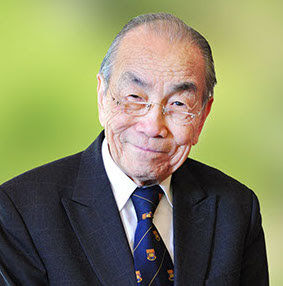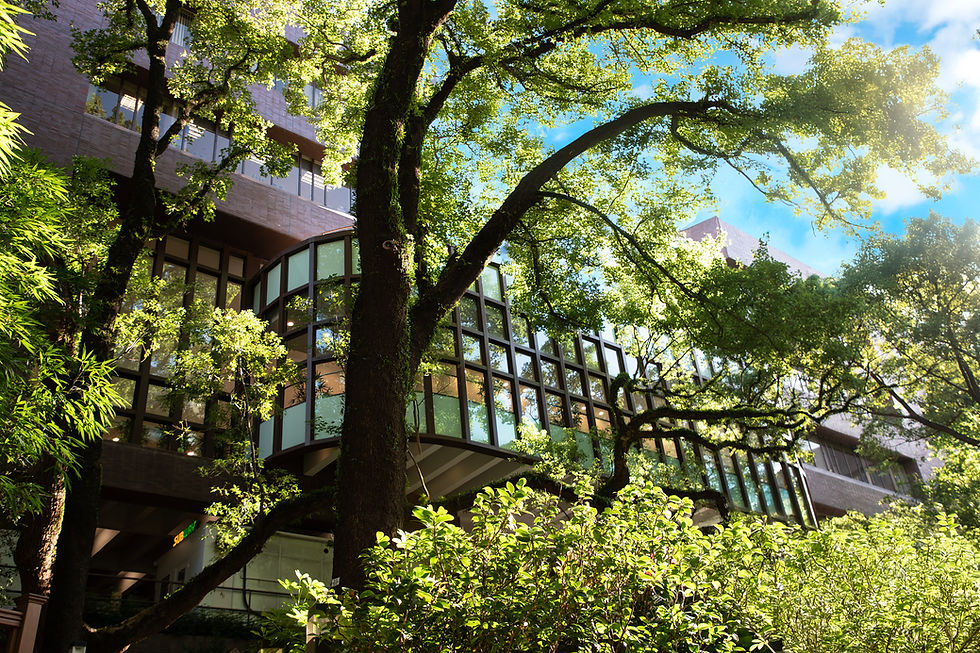
Dr Rayson Huang
Growing up in Hong Kong, Dr Huang attended Munsang College, a Christian school of which his father was the headmaster. He entered HKU in 1938 on a scholarship and graduated in 1942. During Japanese occupation of Hong Kong, he escaped to China and, after teaching chemistry for two years, went to Oxford in 1944. After receiving a doctorate in 1947, Dr Huang pursued post-doctoral research at the University of Chicago. He joined the University of Malaya in 1951, where he served as Professor of Chemistry and Dean of Science, and became Vice-Chancellor of Nanyang University in Singapore in 1969.
Dr Huang was conferred the degree of Doctor of Science honoris causa from HKU in 1968, served as the Vice-Chancellor at HKU for 14 years from 1972 to 1986. He was a pioneer in many ways, leaving a lasting impact on the institution.
Under his leadership, HKU experienced an unprecedented period of growth on numerous fronts - doubling the size of our student body, broadening the scope of our academic disciplines by increasing the number of Faculties from five to nine, expanding the size of the campus while unifying it, and initiating a culture of institutional advancement that continues to flourish today. Following his retirement, Dr Huang continued to engage with the University and the Hong Kong community by fostering alumni connections and supporting research initiatives at tertiary institutions.

RAYSON HUANG THEATRE
RAYSON HUANG THEATRE
Nestled within the Shaw Buildings, the Rayson Huang Theatre (黃麗松講堂) is a 300-seat lecture hall that has borne witness to many of the University’s most significant ceremonies, including the presentation of Honorary University Fellowships and Teaching Excellence Awards.
The theatre stands as a tribute to the revered legacy of Dr Rayson Huang (黃麗松), the 10th Vice-Chancellor of HKU and the first HKU alumnus — as well as the first Chinese individual — to hold this distinguished position. During his tenure from 1972 to 1986, the University experienced an unprecedented period of growth and underwent a remarkable transformation: the student body doubled from 4,000 to 8,000, the number of Faculties grew from five to nine, and the campus was both expanded and unified. Most notably, Dr Huang laid the foundation for a culture of institutional advancement that continues to thrive today.
In recognition of his enduring contributions, a bust of Dr Huang — commissioned by Pro-Chancellor Dr the Hon. Sir David K. P. Li — was lovingly crafted and installed in the foyer of the Rayson Huang Theatre in 2005.
“All of us in Hong Kong owe a great debt of gratitude to Rayson for his tireless efforts on behalf of the University and the community at large,” said Dr Li at the ceremony.









